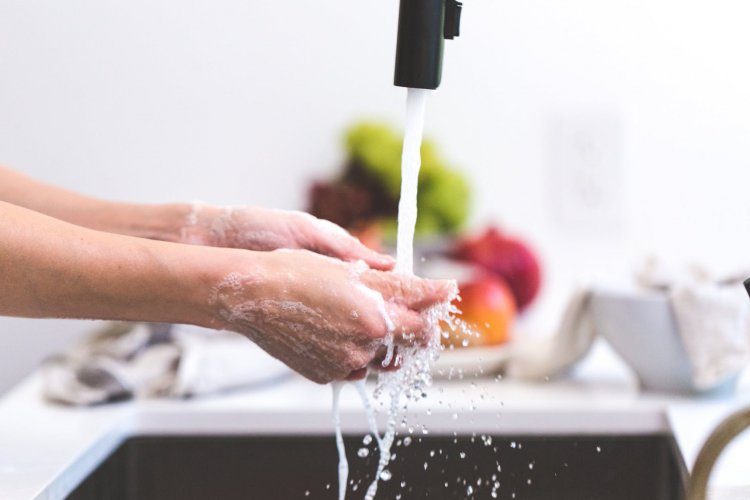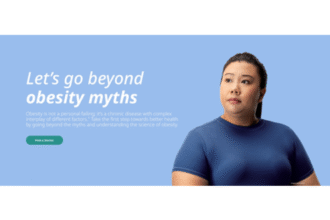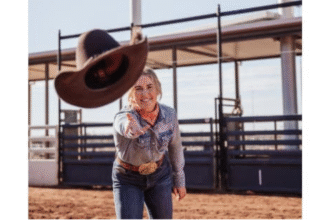Lifebuoy’s ‘H for Handwashing’ campaign will involve co-creating programmes with education, health, humanitarian and behaviour change experts to encourage handwashing habits in children from a young age. The ongoing campaign will be launched on Global Handwashing Day (GHD) and tailored towards pre-school children (ages 3-5) at the core, along with primary school children (ages 6-12) and adolescents (ages 13-17). The movement coincides with a recent study in India that found that children are especially key to transmitting the virus that causes Covid-19 in their households and communities.
Lifebuoy, the world’s number one hygiene soap brand1, is launching a new movement on Global Handwashing Day (GHD) which aims to engrain the importance of handwashing from an early age. Lifebuoy will mobilise €30 million towards the initiative called ‘H for Handwashing’. The key focus of this multi-year campaign will be to integrate good hygiene practices into early childhood learning through a series of educational activities and partnerships with NGOs, and private and public institutions around the world to help drive handwashing behaviour change among children and adolescents.
Inspired by how children learn their A, B, C, Lifebuoy has reimagined how the letter H is taught by advocating that H stands for Handwashing.
To bring this movement to life, Lifebuoy, in collaboration with the Global Handwashing Partnership, has launched the ‘H for Handwashing’ resource page to enable NGOs , governments, schools, teachers, pupils and the public to actively participate.
Driving the movement to integrate hygiene education into early childhood learning, Lifebuoy will partner with leading organisations.
Gwen Hines, Executive Director of Global Programmes from humanitarian organisation Save the Children, said: “We look forward to collaborating on this important initiative to embed positive health, nutrition and hygiene behaviours during children’s early years, working alongside communities, health workers and educators.”
Amid the backdrop of the pandemic and beyond, Lifebuoy will also partner with Sesame Workshop, the non-profit organisation behind children’s programme Sesame Street, to create premium educational storytelling for children and caregivers to drive positive hygiene behaviours. The tailored content will be distributed to families across Asia and Africa in 2021.
Samir Singh, Global Executive Vice-President, Skin Cleansing and Oral Care at Unilever, said: “Today more than ever, we need to ensure that handwashing with soap remains prioritised and practiced by everyone, everywhere. At Lifebuoy, we have championed handwashing for over a decade, running the world’s largest behaviour change programme that has reached over 1 billion people globally.2
“We now plan to use that experience to change children’s hand washing habits for life. How? Children have been learning the letters of the alphabet for hundreds of years through simple associations with everyday references such as ‘A for Apple’, ‘B for Ball’, ‘C for Cat’. Starting this October, we are advocating greater emphasis on hand hygiene education through a movement to fundamentally change the way the alphabet is taught – no longer will the letter H stand for Horse, Hat or even Home. H must stand for Handwashing.”
Kartik Chandrasekhar, Global Brand Vice President for Lifebuoy, said: “For more than a century, Lifebuoy has been on a mission to change handwashing behaviours. This Global Handwashing Day is paramount given the pandemic, and we’re reaffirming our commitment to this mission by working with education experts to create an unforgettable hand hygiene reminder to ensure that handwashing with soap becomes a lesson nobody forgets.”
The importance of handwashing with soap has been thrust into the global spotlight amid the ongoing Covid-19 pandemic. In response to the pandemic, the World Health Organization (WHO) recommends washing hands with soap and water frequently3.
The ‘H for Handwashing’ movement’s launch also coincides with a recent study in India4that found that children are especially key to transmitting the virus that causes Covid-19 in their households and communities. Lifebuoy will therefore be leaning on its expertise on handwashing behaviour change among children, through its flagship programmes5that have been implemented with over 25 partners worldwide since it began.
1 Calculation based on Nielsen unit sales information for the total markets (approximately 40 countries), for the latest 12-month period available. See Lifebuoy.com for further information.
2 Since 2010, we have reached 1.07 billion people (486 million people through on-ground programmes and 587 million through TV reach) through our handwashing programmes. The evidence that TV drives handwashing behaviour change comes from a proof of principles study in India. TV reach is reported for nine key markets using 2017 as a representative year.
3 World Health Organization. 2020. https://www.who.int/infection-prevention/campaigns/clean-hands/WHO_HH-Community Campaign_finalv3.pdf?ua=1
4 Epidemiology and transmission dynamics of COVID-19 in two Indian states: See Science for further information
5 Tidwell JB, Gopalakrishnan A, Unni A, et al. Impact of a teacher-led school handwashing program on children’s handwashing with soap at school and home in Bihar, India. PLoS One. 2020;15(2):e0229655. Published 2020 Feb 27. doi:10.1371/journal.pone.0229655
6 Calculation based on Nielsen unit sales information for the total markets (approx. 40 countries). Latest 12 months available.
7Since 2010, we have reached 1.07 billion people (486 million people through on-ground programmes and 587 million through TV reach) through our handwashing programmes. The evidence that TV drives handwashing behaviour change comes from a proof of principles study in India. TV reach is reported for nine key markets using 2017 as a representative year.

















